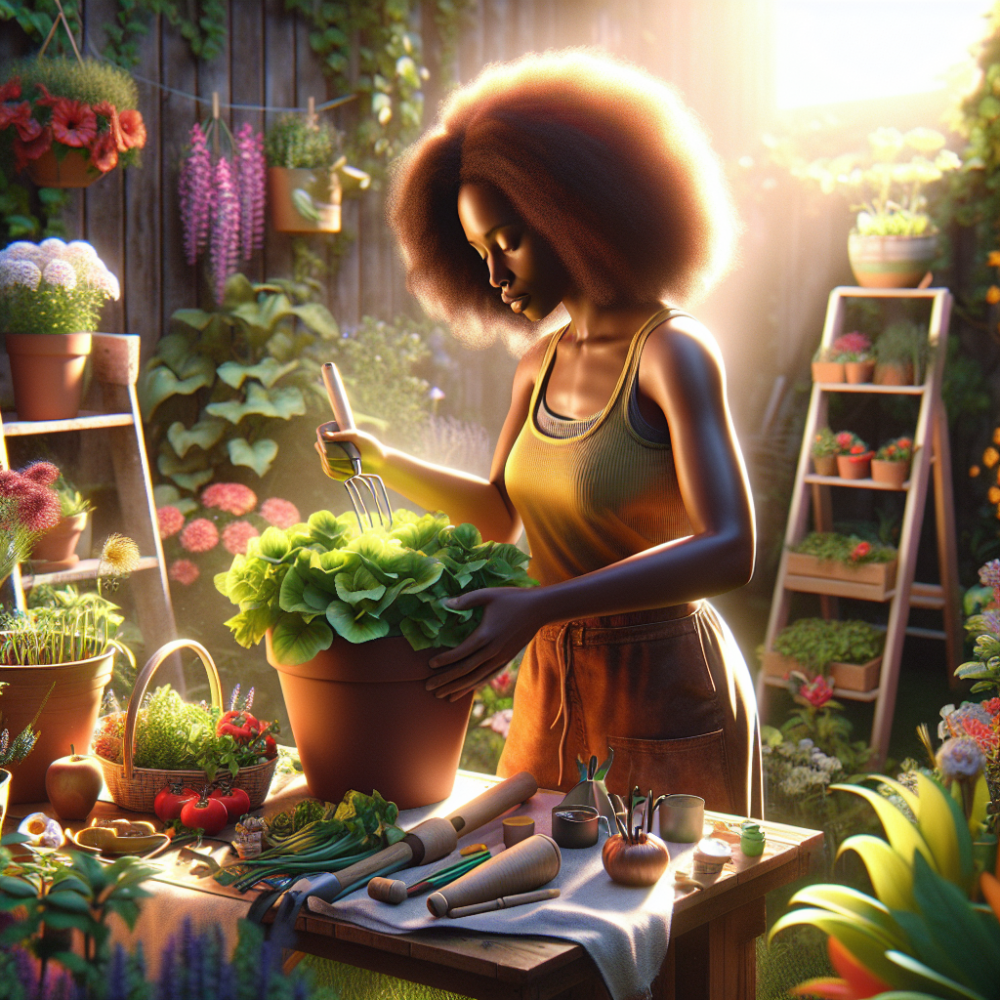Mastering the Essentials of Home Gardening

Posted on: Sunday, March 3rd, 2024
Gardening, a timeless hobby and essential skill, has taken on new dimensions in the modern era. With a focus on sustainability, mental health, and self-sufficiency, the art of cultivating one's garden has become more popular than ever. This guide aims to provide both novice and experienced gardeners with up-to-date, factually accurate tips and strategies to enhance their gardening journey. From selecting the right plants to mastering the art of landscaping, these insights are designed to help you create a thriving and beautiful garden.
1. Understand Your Climate Zone: Knowing your local climate zone is crucial for selecting plants that will thrive in your garden. Research the USDA Plant Hardiness Zone Map for guidance. This knowledge not only extends the life of your plants but also minimizes maintenance and water use.
2. Start with Quality Soil: Soil health is the foundation of a productive garden. Adding organic matter, such as compost or manure, can improve soil structure, nutrient content, and water retention, leading to healthier plants.
3. Choose Native Plants: Native plants are adapted to your local environment, requiring less water, fertilizers, and pesticides. They also provide essential habitat for birds, bees, and butterflies, promoting biodiversity in your garden.
4. Water Wisely: Efficient watering saves water and helps plants grow. Early morning is the best time to water, reducing evaporation and the risk of plant diseases. Consider installing a drip irrigation system for watering efficiency.
5. Practice Seasonal Gardening: Adjust your gardening activities according to the season. This includes planting seasonal crops, pruning, and preparing your garden for winter or the upcoming growing season, ensuring a year-round bounty.
6. Go Organic: Minimize the use of chemical pesticides and fertilizers. Organic practices, like using natural pest deterrents and fertilizers, are better for your health, the environment, and wildlife.
7. Mulching Matters: Mulch helps retain soil moisture, suppress weeds, and enhance soil quality. Organic mulches, such as straw or bark, also improve the soil as they decompose.
8. Encourage Beneficial Insects: Beneficial insects, such as ladybugs and bees, are natural pest controllers and pollinators. Planting a variety of flowers can attract these helpful creatures to your garden.
9. Invest in Quality Tools: High-quality gardening tools can make garden maintenance easier and more enjoyable. Keep them clean and sharp for efficiency and safety.
10. Keep Learning and Experimenting: Gardening is a lifelong learning experience. Attend workshops, join gardening communities, and experiment with different plants and gardening techniques to enhance your skills and enjoyment.